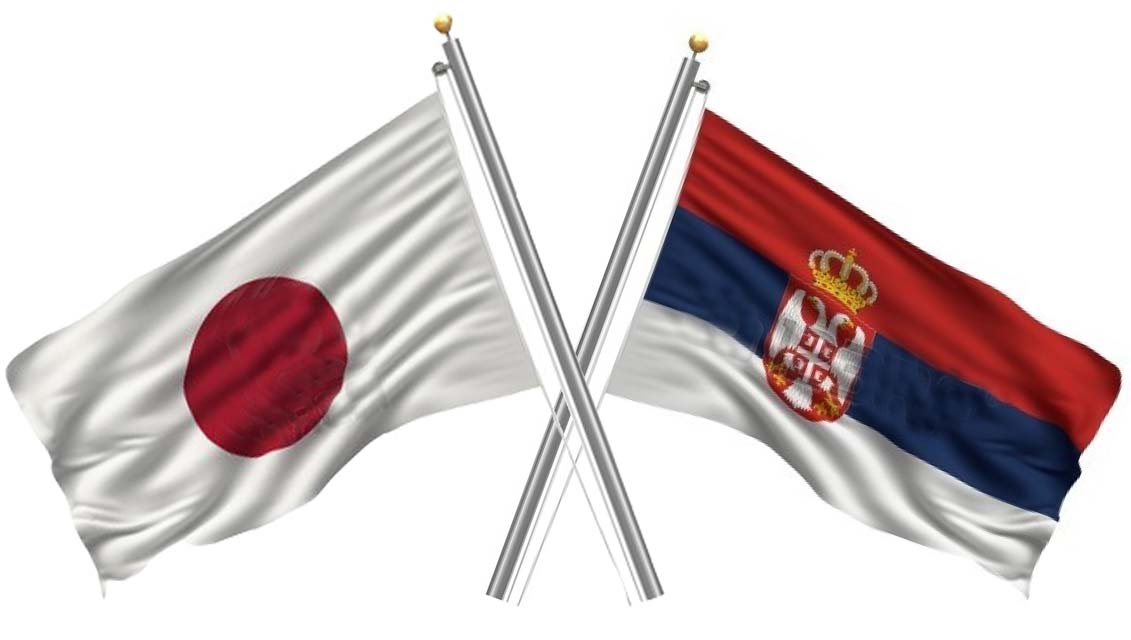
Project Outline
Outline
Background
Project Purpose
Target area
Target group
Expected Outcomes
Project Term
Organizations
Activities
Background and Necessity of the Project
Because of use of obsolete technologies, long term usage of pesticides, but also NATO (North Atlantic Treaty Organization) bombardment in 1999 there are several places in Serbia that are considered to be polluted with different Persistent Organic Pollutants (POPs). As a result of bombing in 1999, Polychlorinated biphenyls (PCBs) leaked from damaged transformers and capacitors to the environment. Although the measures for soil decontamination were conducted after the bombing, the influence may have been remained. In addition, waste waters from industrial zones may have caused POPs pollution of Danube River. However, continued monitoring of POPs in the environment and reduction measures have not been conducted because analytical technicians, instruments, and administrators on POPs are lacking in Serbia. Therefore, capacity building for POPs analysis and measures has been required in Serbia.
